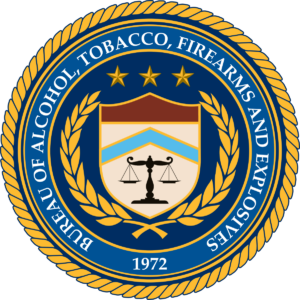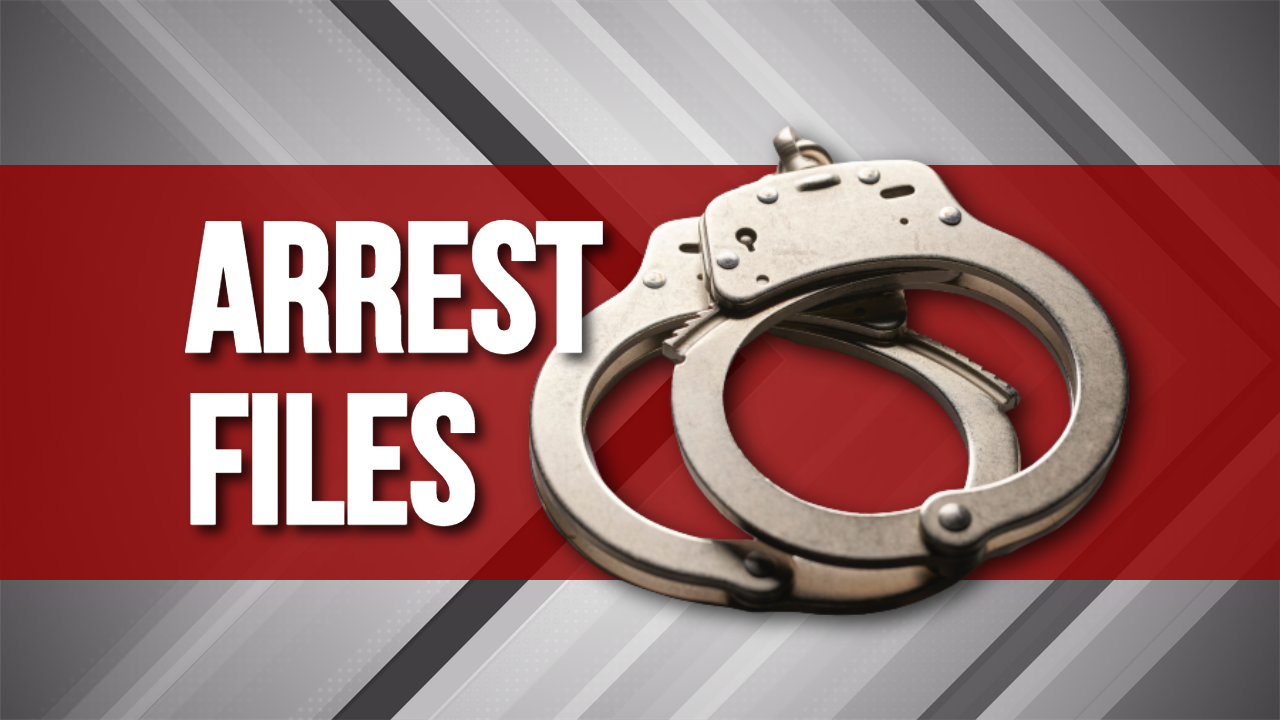ATF Updates National Policy on Federal Firearm Licensee Inspections To Promote Fairness, Consistency, and Public Safety

The Bureau of Alcohol, Tobacco, Firearms and Explosives issued an updated national policy for administrative actions related to compliance inspections of federal firearms licensees. The guidance promotes clear, consistent and fact-based decisions that uphold ATF’s commitment to public safety and respect for Second Amendment rights.
The policy replaces the 2021 Enhanced Regulatory Enforcement policy, also known as the “zero-tolerance” policy. It directs industry operations investigators to consider all circumstances of an inspection rather than applying automatic outcomes, ensuring ATF uses its regulatory authority fairly and effectively.
“This update is about getting it right and making sure we’re focused on public safety,” ATF Acting Director Daniel Driscoll said. “Under the previous policy, some licensees were being penalized for simple mistakes such as, forgetting to put their license number on forms. This new guidance gives our investigators the discretion to tell the difference between an honest mistake and a real threat to public safety. Law-abiding dealers deserve a system that treats them fairly, not like suspects. They are our partners and the first line of defense in our efforts to combat firearms trafficking.”
The policy provides investigators and field leadership clearer guidelines for evaluating violations, weighing mitigating and aggravating factors, and determining the proper response—from education and warnings to administrative actions. Decisions must factor in whether licensees self-reported issues, implemented corrective actions, or present a continuing threat to public safety.
These updates support the administration’s efforts to increase transparency and public confidence in government oversight, reaffirming ATF’s commitment to accountability and legitimate business practices.
Key points of the updated policy
- Context-driven enforcement: Serious, willful violations may lead to administrative action, while minor or clerical errors may be addressed with education or warnings.
- No automatic revocation: Removes the prior policy’s presumption of license revocation, instead considering intent, compliance history and public-safety risks.
- Stronger public-safety focus: Investigators must evaluate whether continued operations pose a public-safety threat or contribute to violent crime, and whether the licensee demonstrates the ability to comply moving forward.
- Clear legal standards and timelines: Defines key terms such as “willful” and “knowing” and establishes uniform timelines for reviews, actions and coordination.
- Support for lawful industry engagement: ATF continues early intervention and collaboration with responsible licensees, while firmly addressing repeat or serious violations.
ATF conducts compliance inspections as part of its mission to ensure firearms are sold, transferred and documented in accordance with federal law. The revised policy ensures inspections are fair, consistent and focused on reducing violent crime while protecting the rights of responsible gun owners.
Compliance inspections also support ATF’s broader efforts to combat firearms trafficking. By examining dealer records and business practices, industry operations investigators can identify suspicious patterns—such as straw purchases or missing inventory—that may indicate firearms are being diverted into illegal markets. These findings assist in criminal investigations and help reduce violent crime by preventing guns from falling into the wrong hands.
ATF is the federal law enforcement agency responsible for regulating the firearm industry and enforcing laws related to firearms and violent crime. For more information, visit atf.gov or follow @ATFHQ
on X.



